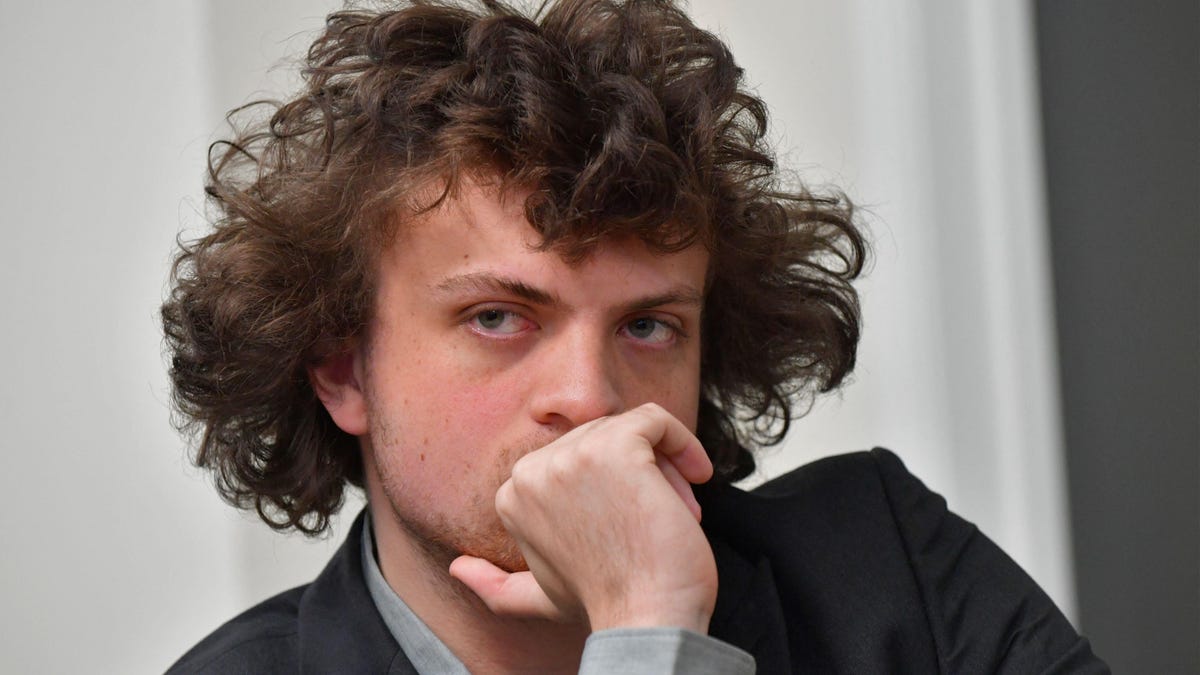
G/O Media may get a commission
Advertisement
All this hubbub about chess cheating started in September when 31-year-old Norwegian Grandmaster Carlsen withdrew from the St. Louis Sinquefield Cup in the third round after losing to Niemann. That withdrawal caused enough of a stir within the chess community that people began to speculate it had something to do with his young opponent. Carlsen threw more logs on the fire with a tweet that seemed to imply Niemann wasn’t on the level.
The lawsuit has its own interpretation of the events that unfolded, stating:
“Notorious for his inability to cope with defeat, Carlsen snapped. Enraged that the young Niemann, fully 12 years his junior, dared to disrespect the “King of Chess,” and fearful that the young prodigy would further blemish his multi-million dollar brand by beating him again, Carlsen viciously and maliciously retaliated against Niemann by falsely accusing Niemann, without any evidence, of somehow cheating during their in-person game and demanding that the organizers of the Sinquefield Cup immediately disqualify Niemann from the tournament.”
Advertisement
The lawsuit further claims Carlsen used his “media empire” to blacklist Niemann from tournaments and protect his own Play Magnus brand, which owns the chess websites Chess24.com, ichess.net, and chessable.com. Niemann’s lawyers claim that Chess.com’s recently-announced $82 million buyout of Play Magnus was part of the reason why Chess.com has knocked Niemann so hard on the cheating allegations.
In an email statement provided to Gizmodo, Chess.com’s attorneys Nima Mohebbi and Jamie Wine of Latham & Watkins, LLP wrote “Hans confessed publicly to cheating online in the wake of the Sinquefield Cup, and the resulting fallout is of his own making. As stated in its October 2022 report, Chess.com had historically dealt with Hans’ prior cheating privately, and was forced to clarify its position only after he spoke out publicly. There is no merit to Hans’ allegations, and Chess.com looks forward to setting the record straight on behalf of its team and all honest chess players.”
Advertisement
For weeks as the chess scandal unfolded, Carlsen kept rather silent about any specific allegations, though he kept hinting at it through tweets and comments. Finally, at the end of September, Carlsen gave a full statement clarifying he believed that Niemann “has cheated more—and more recently—than he has publicly admitted.” The elder chess master pointed to Niemann’s over-the-board progress being “unusual” while he was “outplaying me as black in a way I think only a handful of players can do.”
In an early September interview, Niemann admitted he cheated at “random games on Chess.com” when he was 12- and 16-years-old. He also accused Carlsen and Nakamura of trying to harm his career and causing other Twitter users to dogpile him.
Advertisement
Then in October, Chess.com, one of the most prolific chess online chess platforms in the world, claimed in a 72-page report Niemann “likely cheated” in over 100 online games, much more than the young chess player had previously admitted to. The company also revoked his invitation to play in the Chess.com Global Championship. The lawsuit calls this report “defamatory” but pointed out that Chess.com admitted it did not have evidence for Niemann cheating in over-the-board, AKA in-person, chess.
Nakamura has been one of Niemann’s harshest critics, alleging in several Twitch streams and videos on his YouTube channel that there was something routinely off about the way the 19-year-old chess master plays.
Advertisement
The lawsuit claims Nakamura has had an “acrimonious relationship” with the 19-year-old chess master from when they both streamed for Chess.com. Niemann’s lawyers argue Carlsen “enlisted” Nakamura as a co-conspirator to knock Niemann through videos and tweeted statements.
The lawsuit claims the accusations have “destroyed” Niemann’s life, limiting the number of tournaments he can attend and hindering his ability to make money from tournaments’ cash prizes. The lawsuit further states that Niemann cannot even get a job as a chess teacher because his reputation is in tatters. Whether all this will truly be worth the $100 million price tag might depend fully on lawyers proving these material and emotional impacts on Niemann’s life.